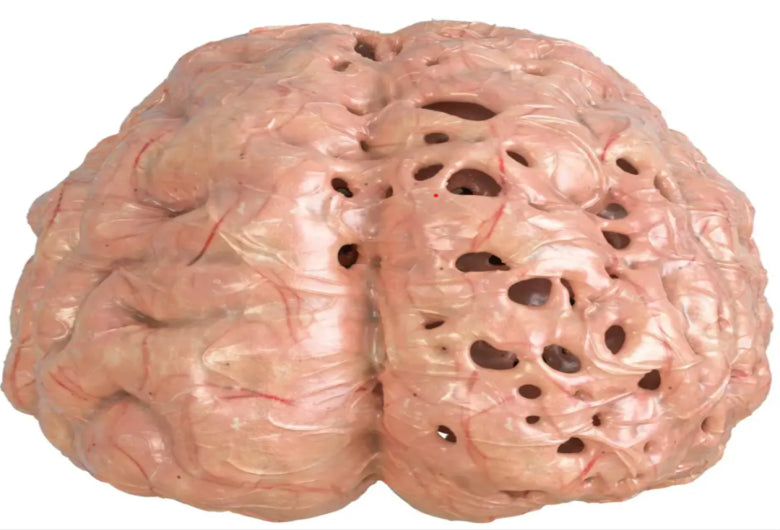Stress is a Brain Killer
Posted by SUNNY RODHEY

Stress is a brain killer. It can jumble your thoughts, make it harder to learn new information, and blur your memory. As researchers uncover the mysteries about how stress can worsen health and mess with our minds, they are placing a major focus on its effect on energy production in cells. On the positive side, their studies are uncovering the most effective ways to keep stress from derailing your mood and your ability to stay mentally sharp.
In this research, scientists are coming to realize that many of the brain changes linked to stress originate in the mitochondria – the "batteries" within cells that produce energy and make them go. A typical cell has from one to two thousand of these little batteries. However, the studies of mitochondria show that they are more than just energy producers.
In fact, mitochondria perform a wide range of activities that include communicating with each other about changes going on in the body, shifting the way genes behave in cells, and influencing the way neurons link up and communicate with each other in the brain. The synapses in the brain, the areas where neurons pass signals to each other, are packed with mitochondria. Now, researchers believe that when your mitochondria do their jobs properly, the signals between neurons stay strong. But if the mitochondria weaken, the signals weaken. So what weakens the mitochondria?
Stress Can Weaken the Mitochondria
Stress causes mitochondria to both reduce the amount of energy they release to cells and to send out signals that alter protein production in the cell. The result is mitochondrial behavior that can cloud memory. The brain is an energy-hungry organ – the brain, constituting only 2% of human body weight, consumes 20% of the body's energy. Therefore, mild variations in mitochondrial bioenergetics will have significant effects on the brain.
Chronic stress that continues day after day weakens the synapses and connections among neurons in the hippocampus, the part of the brain considered by many to be the brain’s memory center. Memories form and become reinforced in the hippocampus when the synaptic links among neurons grow stronger over time. While chronic, never-ending stress can disrupt the mitochondria and weaken these synaptic bridges between neurons, exercising during a period of stress can make a huge difference. Of course, we can't always control stress in our lives but we can control how much we exercise. It's empowering to know that we can combat the negative impacts of stress on our brains by getting out and going for a walk or a run.

